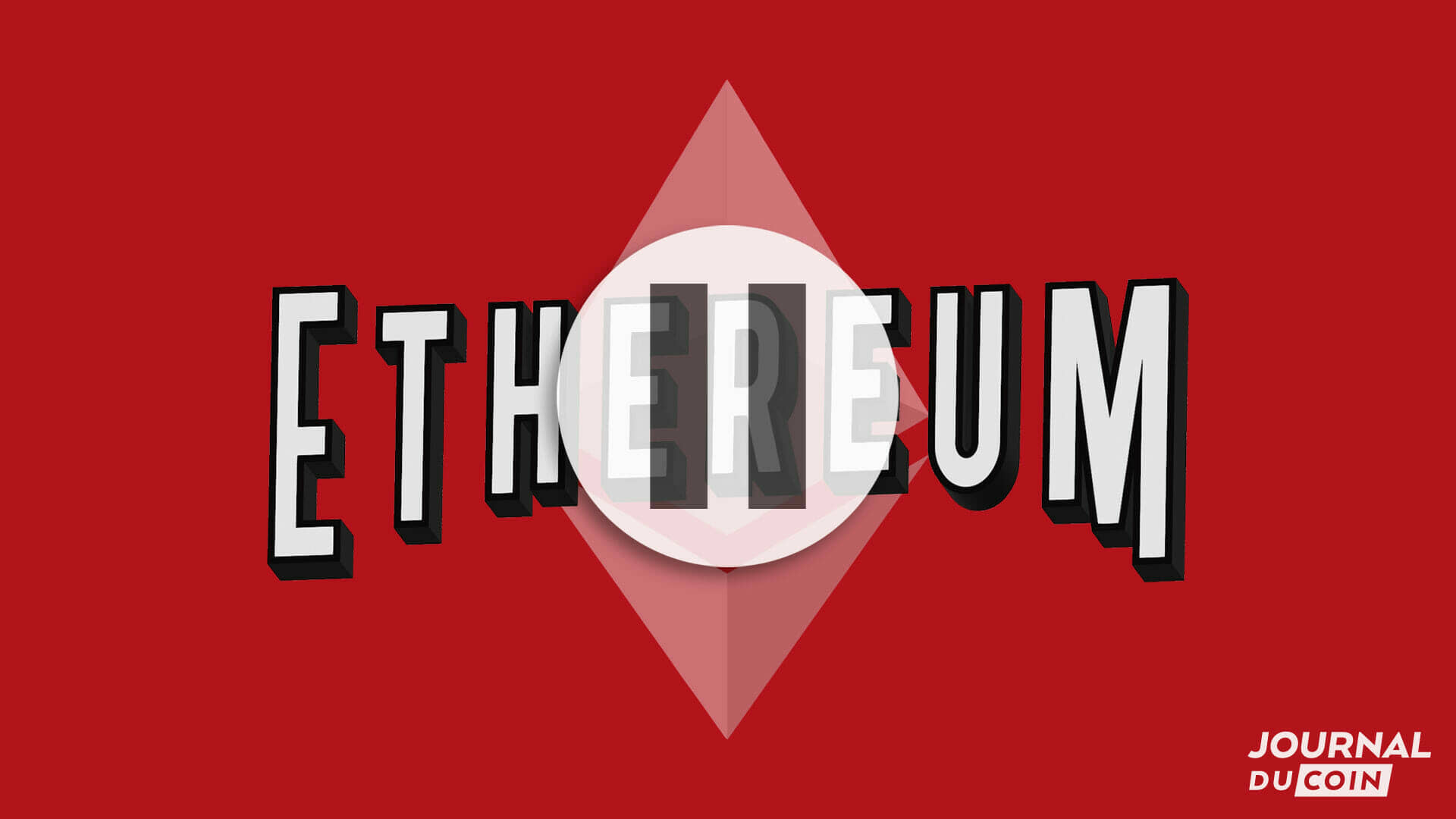Inexpensive censorship. The network Ethereum completed its transition to Proof of Stake last September. Soon after, censorship exploded following the addition of Tornado Cash to OFAC’s blacklist. More recently, researchers have found an extremely inexpensive method to censor the network.
Only 85€ to censor Ethereum
Special Mechanism Group (SMG) is a business specialized in the analysis of complex mechanisms in the blockchain ecosystem. On June 29, it published the results of an experiment that was surprising to say the least.
Indeed, the company reveals to have managed to pause all transactions on Ethereum for 12 seconds. Even more surprising, the process will only cost 0.05 ETHor about 85€.
“To illustrate how easy it is to censor transactions on Ethereum, SMG engineers halted all transactions for 12 seconds, paying only 0.05 ETH. »
A critical situation according to SMG:
“Even though 12 seconds doesn’t seem like a long time, financial systems depend on how quickly transactions are made. When bidders in an auction or agents in a financial system can censor their competitors, the effectiveness of these systems is eroding. »
>> If earning 1 bitcoin does not interest you, do not click on this link (commercial link) <<
A look back at the modus operandi of this “attack”
As pointed out by SMG, this maneuver has in particular was possible by the separation between the constructor of blocks (builder) and the proposer of blocks (propose)known as Propose-Builder Separation (PBS).
With the proponent-constructor separation, these two roles are therefore dissociated. The block builder is responsible for selecting transactions to include in the block, while the block proposer is responsible for adding the block to the blockchain.
SMG took advantage of this to conduct its experiment. To do this, they have made the highest bid among the builders and won the auction.
The relay, which is the system that passes blocks to validators to be included in the blockchain, does not know and does not care what is inside the block. He just hands it over to be included.
As a result, they included an empty block, i.e. a block that contains no transactions. This caused all transactions to be halted for 12 seconds.
Simple experience or real danger? The doubt remains
Obviously, the question arises. Is this a real danger of censorship for Ethereum or just a flashy experiment?
Let’s look at the repeatability. Indeed, although the experience is functional for a block, it finds significant limits when it comes to making the censorship last.
Indeed, censoring more than one block on Ethereum via the method used by SMG engineers would require winning the auction for each block you want to censor.
In the context of Ethereum’s Proposer-Builder Separation System (PBS), this means that you should bid higher than all other block builders for each block you wish to censor.
Nevertheless, as explained by one of the researchers, the problem does not lie so much in its repeatability as in its feasibility at all.
” [La répétabilité sur plusieurs blocs ] is not what concerns us. Financial activity requires one-time inclusion. We are concerned about selective censorship of competing bids in auctions. PBS allows you to do this for a relatively low cost. »
SMG solutions against censorship on Ethereum
In parallel to its experience, SMG published the report of a study on censorship on Ethereum. In this study, SMG identified two possible solutions to this problem.
First, SMG suggests to make bidding work across multiple blocks with different bidders. This requires the number of blocks to increase faster than the number of bidders.
Second, SMG offershave multiple competing block submitters and to allow bidders to condition their tips not only on inclusion, but also on the number of bidders who include the bid in a block. It creates a sort of prisoner’s dilemma among submitters, making censorship costly and therefore less likely.
For its part, the network Ethereum was able to mitigate the OFAC censorship problem at the block production level. Thus, it went from 78% of the blocks produced to 34%.
If at the end of this article, you are still hesitating, know that there is really only one possible choice. Do nothing and let someone else win… or register now on Binance THE reference crypto platform, to try to win the game and add 1 bitcoin to your portfolio. What do you decide? (commercial link)
